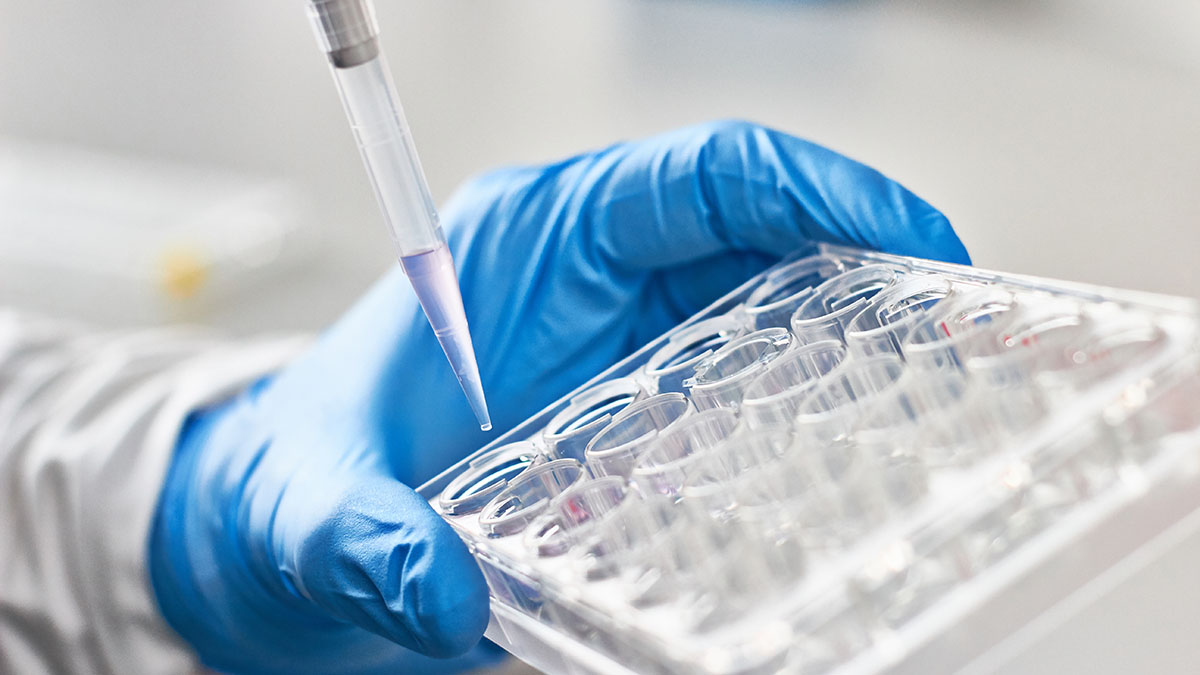
The Use of Bioanalytical Testing in Biosimilar Approvals

In BioPharm International, PPD® Laboratory services’ Kelli Phillips, associate director of immunochemistry, Gwen Eak, manager of immunochemistry, and Edward Tabler, director of immunochemistry, discuss the importance of bioanalytical assays in biosimilar development.
As biosimilars make their way through the approval pathway, it’s become increasingly obvious that bioanalytical assays play an important role. These assays can correctly determine biosimilar structure and function, and support the regulatory submission process with quality bioanalytical data.
Product applications for biosimilars must contain three components: analytical studies that don’t contain bioanalytical data but do demonstrate that the biosimilar product is highly similar to the reference product; animal studies, which typically include bioanalytical data to assess toxicity; and clinical studies in one or more of the indications that the reference product has previously been licensed.
Biosimilar drug developers that utilize a contract research organization (CRO) are at an advantage since CROs support biosimilar submissions and/or audits and can lean on their current best practices and regulatory knowledge. In addition, the submission timeline is often shorter; CROs incorporate tools, such as automation and data harmonization, that allow customers to meet the aggressive timelines that are common with biosimilar programs.
In this BioPharm International article, three experts from PPD’s bioanalytical lab discuss in detail the importance of bioanalytical assays in biosimilar development.